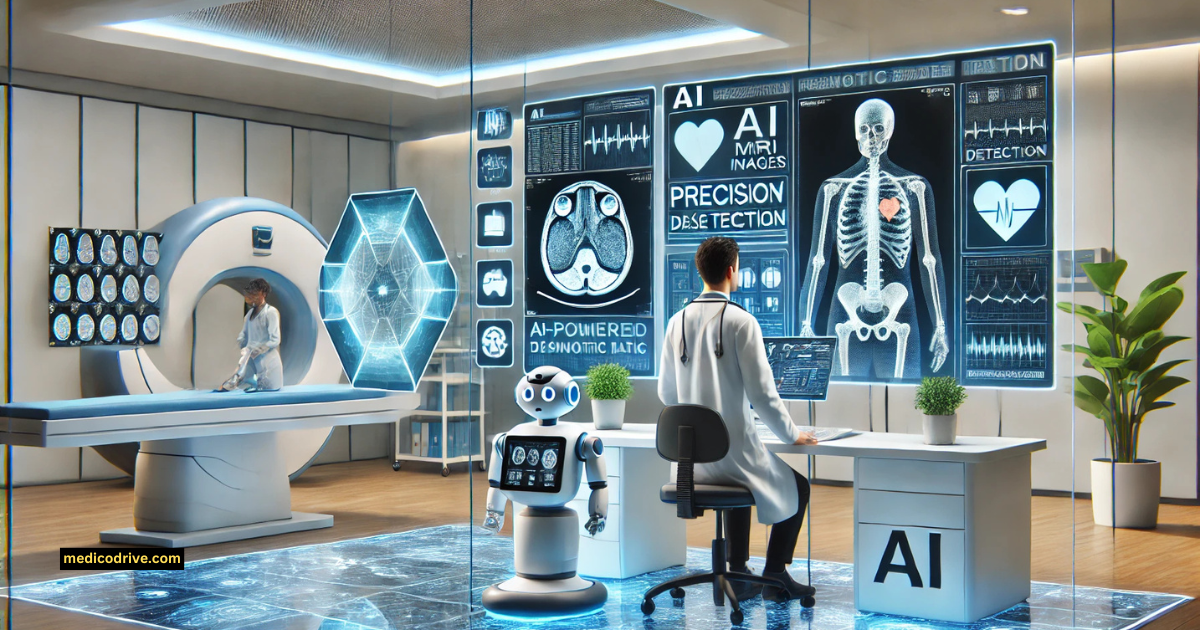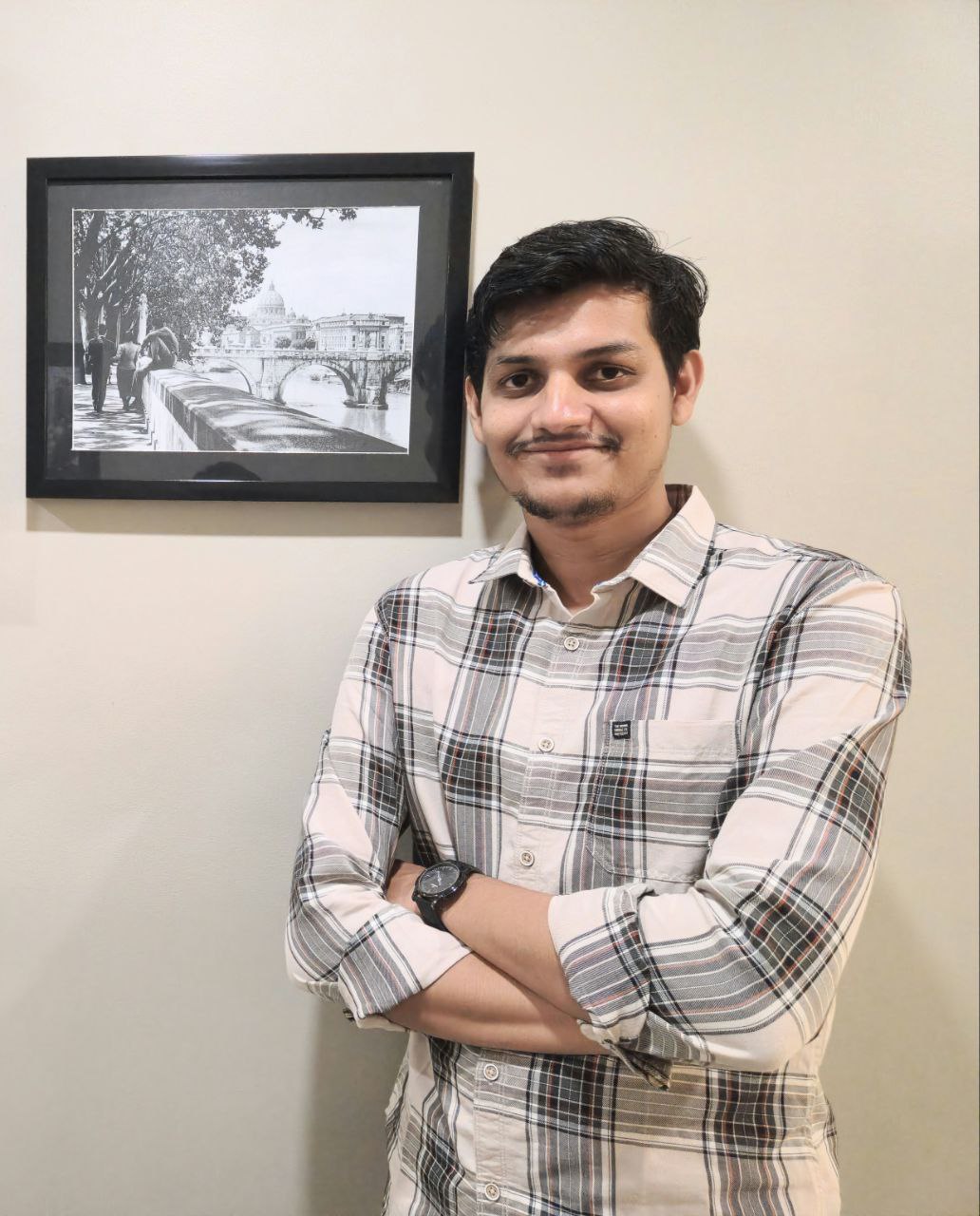Ai Revolutionizing Medical Diagnostics: Integration of artificial intelligence (AI) changes health services at a unique speed in medical diagnosis. Ai revolutionizing medical diagnosis technologies increase accuracy, speed and access to the diagnosis, reduce human errors and provide revolution in the patient’s care. With the power to analyze the huge dataset, AI turns out to be a gaming exchange in the preliminary disease detection, personal treatment plans and cost effective health services.

How AI changes medical diagnostics
1. Early disease detection and diagnosis
Machine can detect diseases such as AI algorithms run by learning and deep learning, cancer, cardiovascular disorders and neurological conditions at an early stage. For example:
Radiology and imaging:
Ai revolutionizing medical depiction equipment can analyze X-rays, MRI and CT scans, which can scan with more accuracy than traditional methods, help detect tumors, fractures and anomalies.
Pathology:
AI-driven digital pathology increases the slide examination, identifying rare conditions compared to abnormal cell growth, infection and traditional techniques.
Eye science:
AI-based clinical equipment can detect diabetic retinopathy and glaucoma, prevent vision loss.
2. Personal treatment plans
AI facilitates accurate medications by analyzing patient -specific data, including genetic information, lifestyle and medical history. AI enables adaptation to AI dishes, guessing how a patient will respond to some treatments, improves efficiency and reduces side effects.
3. Automated medical imaging analysis
Medical imaging plays an important role in diagnostics, and Ai revolutionizing medical diagnostics systems make it more effective:
- AI reduces the workload of radiologist by identifying quickly
- Deep learning algorithm improves image resolution and postpone anxiety areas.
- AI-assisted ultrasound technology improves prenatal screening and cardiovascular assessment.
4. Future analysis for the prevention of diseases
AI algorithm can treat a large amount of health data to predict outbreaks, chronic illnesses and possible health risks. Integrated portable equipment with AI can monitor significant signals in real time, patients and doctors can notify of potential health problems before the symptoms appear.
5. Laboratory diagnosis
AI is optimized by laboratory work flows:
- Blood samples and automatic biopsy performance analysis.
- Reduce clinical errors and treatment time.
- Identify rare diseases by comparing patient data with global medical records.
- The benefits of AI in medical diagnosis
Increase in accuracy:
AI reduces incorrect diagnosis and increases accuracy by detecting complex conditions.
Speed and efficiency:
AI accelerates clinical processes, reduces the patient waiting time.
Cost effectiveness:
AI-driven diagnosis of low health care costs by reducing unnecessary tests and hospital seizures.
Scalability:
AI enables external diagnosis, which provides access to health services in signed areas.
Challenges and moral thoughts
Despite the benefits, AI faces challenges in medical diagnostics such as:
Data Privacy Instruction:
Strict security measures are required to handle sensitive patient data.
Compliance compliance:
AI-controlled equipment must meet health services rules and FDA approval.
Human-AI cooperation:
AI should not help, not to take compensation, medical professionals, moral and accurate decisions.
AI’s future in medical diagnostics
The future of AI in the health care system is promising, for example with progress:
- AI-I-operated chatbots and virtual assistant patients support counseling.
- Blockchain-educated AI ensures safe data sharing.
- AI operated by nano technology for ultra-colored cell-level diagnosis.
- AI findings of driven drugs accelerate the development of new means.
Conclusion
AI revolutionizes medical diagnostics by improving accuracy, efficiency and access to health services. While the challenges exist, the continuous growth of AI-operated equipment promises a future where medical diagnosis is rapid, more accurate and individual, gradually increasing patients and global health services, for more you can check at WHO.

Hello, I am Dr. Ashish. I have lot of experience in medical field and education, I have gained lot of knowledge in my entrance exam life and medical studies which I want to share with everyone so that I can help more and more people.